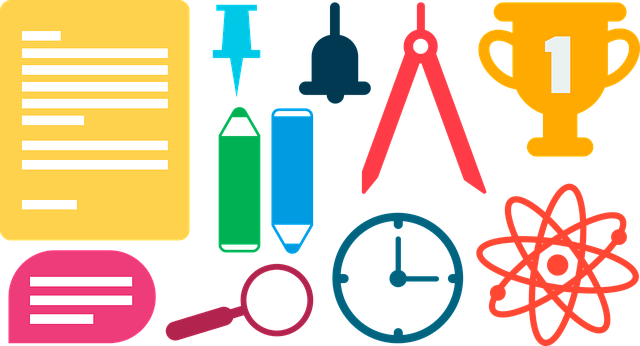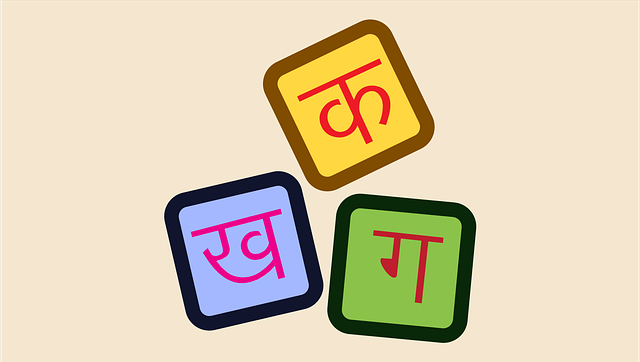Accurate translation of Lecture Notes and Teaching Materials is vital for successful international education visa applications. In the digital age, AI and online platforms enhance translation quality, speed, and collaboration, ensuring these documents facilitate cultural exchange and academic integrity. Professional translators with specialized terminology and consistent methods are crucial to avoid misunderstandings, delays, or application rejection, enabling global students and professionals to access study abroad and employment opportunities.
In today’s global academic landscape, accurate translation of lecture notes and teaching materials is crucial for international students seeking visa processing. This article delves into the significance of precise translations, exploring how they facilitate effective communication and learning experiences. We examine the role of technology in streamlining translation processes, emphasizing quality and consistency in educational resources. By understanding these key aspects, students and institutions can efficiently prepare translated materials for successful visa applications.
- Understanding the Importance of Accurate Translation
- The Role of Technology in Lecture Note Translation
- Ensuring Quality and Consistency in Teaching Materials
- Preparing for Visa Processing with Translated Resources
Understanding the Importance of Accurate Translation
In the realm of visa processing, the significance of accurate translation cannot be overstated, especially when it comes to Lecture Notes and Teaching Materials. These documents play a pivotal role in international education, facilitating knowledge exchange and cultural understanding. However, their effectiveness hinges on precise translation, ensuring that information is conveyed accurately and without ambiguity.
An incorrect or inadequate translation may lead to misunderstandings, delays, or even rejection of visa applications. It is crucial for students aiming to study abroad to present authentic and correctly translated lecture notes and teaching materials as part of their application process. This not only showcases their commitment but also enables immigration authorities to assess the veracity of their educational pursuits.
The Role of Technology in Lecture Note Translation
In today’s digital era, technology plays a pivotal role in facilitating accurate translation services for lecture notes and teaching materials used in visa processing. Advanced translation software, powered by artificial intelligence, offers unprecedented efficiency and precision. These tools can quickly analyze complex academic language, ensuring that essential information is conveyed correctly across languages.
Moreover, machine learning algorithms have significantly enhanced the quality of translations, reducing human error and saving valuable time. Online platforms also enable seamless collaboration between translators, allowing them to access and share lecture notes and teaching materials electronically. This streamlined process not only expedites visa applications but also guarantees that educational content remains intact and true to its original intent.
Ensuring Quality and Consistency in Teaching Materials
Maintaining quality and consistency in lecture notes and teaching materials is paramount during translation for visa processing. These documents often play a crucial role in evaluating an individual’s academic standing, making precise and reliable translations essential. Consistency ensures that the translated materials accurately reflect the original content, including specialized terminology and complex concepts.
Professional translators should employ meticulous techniques to uphold quality standards. This involves cross-referencing terms, ensuring linguistic fluency, and adhering to a uniform style guide. Regular reviews and proofreading further strengthen the translation’s integrity, minimizing errors and misunderstandings that could impact visa applications negatively.
Preparing for Visa Processing with Translated Resources
Preparing for visa processing involves more than just gathering documents; it requires ensuring your academic credentials are accurately represented in the language of the destination country. Translated lecture notes and teaching materials play a crucial role in this process, serving as a bridge between your educational background and the expectations of the institution or employer.
By providing precise translations of these resources, you facilitate a smoother evaluation of your qualifications. This is particularly important for international students aiming to study abroad or professionals seeking employment opportunities globally. Well-translated materials allow educators and employers to grasp the depth of your knowledge and skills, fostering trust in your academic and professional achievements.
Accurate translation of lecture notes and teaching materials is not just a convenience—it’s a vital step in international education mobility. By leveraging technology and implementing quality control measures, educational institutions can streamline visa processing for international students. Prepared with translated resources, these processes become less daunting, fostering a more inclusive and accessible learning environment globally.



